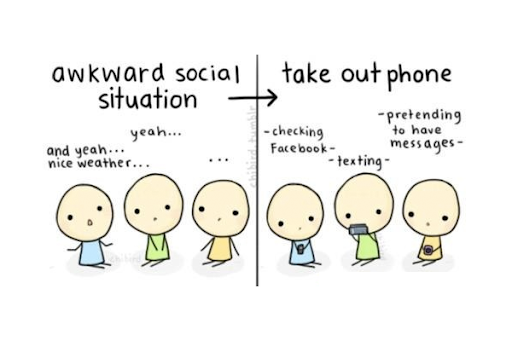Being an autistic lawyer

What is the hardest thing about being a lawyer with autism? Autism presents differently in everyone; it is, perhaps, one of life’s greater ironies that autism is on a spectrum while most autistic people see things in black and white. However, there are some common traits that I have found among autistic people. Recognising these traits, difficulties or even benefits is key in ensuring that law firms help don’t hinder.
We like routine and punctuality. 9:30 means 9:30. It may, at a push, mean 9:31 but it never means 9:32. “If you think adventure is dangerous, try routine, it is lethal.” Paulo Coelho is a globally renowned author but what is perhaps less well known is that as a teenager Paulo was committed to a mental institution from which he escaped three times. As he later wrote, the doctors at the institution did not want to hurt him but “they did not know what to do.” In my experience a similar statement can often be made of law firms when dealing with autistic staff.
“Do you mind if we push that meeting by 15 minutes?” may not sound like a big deal but if someone has planned every part of their day then such things are a big deal. Of course, there may be good reasons why a meeting needs to be rearranged but if you are working with autistic people it’s important to keep these disruptions to a minimum. Similarly, “I’ll call you back in two minutes” gives rise to an expectation that you will call in precisely 120 seconds. It does not, to an autistic person, mean you will return their call within the next hour or so. Understanding how autistic people view time and an awareness that changes to this time continuum may cause a problem is helpful.

Autistic people are perhaps best ‘known’ for struggling in social situations. Autistic people have a tendency to avoid eye-contact, answer directly (one might say bluntly) and lack the necessary empathy to understand what is really being asked. “What do you think of my new role?” is not an opening to discuss the errors with corporate structures and people’s need for ego-inflating titles but an invitation to congratulate the person.
The law has, historically, involved a lot of face-to-face business development. Lunches, drinks, sporting events, gala dinners, there are countless opportunities to socialise in the legal world. We are actively encouraged to network, as a young lawyer you may join a professional networking group and some firms even have specific ‘business development’ targets for their lawyers. All of these occasions can be difficult for a person who may lack the necessary neuro-pathways to understands the subtlety and subterfuge of human language.

As an extension to this, it must be acknowledged that our social naivety makes us vulnerable. “Let’s have our next meeting in the spa,” commented one female client to me a few years ago. To me this seems a perfectly reasonable request. After all, spa days are part of the accepted networking world, at least among female professionals, and if I have no concern about appearing other than in a suit why should this be a problem. Many will think the answer to this is obvious but to me it is not. In fact to me the ‘obvious’ answer is that if a client proposes this and I don’t find it strange then I should accept; after all are we not meant to do what a client asks (within reason)?
A lot is being written about tiredness at the moment, the possible impact of long-Covid and the mental fatigue we are all feeling as we move through different forms of lockdown. A ‘normal’ human brain burns approximately 400 calories a day in mental energy while an autistic brain, often burns nearer 1,500 calories a day. While this may sound a good excuse for substantial chocolate consumption, it should serve as a warning to managers and HR teams that autistic staff may be very fatigued for no apparent reason. This is one of the benefits to flexible working as taking a couple of hours rest is far easier from home than it is in the office. Of course, if one wants serious weight loss then I suggest taking up chess where ESPN have reported elite chess players can burn up to 6,000 calories a day!
In summary, the key, as to anything, is understanding. More importantly, the understanding has to come from both sides. Many people, especially older people, display autistic traits without being formally diagnosed and may, therefore, not realise that they are on the autistic spectrum. However, they may struggle in certain areas and need to feed this back to their managers without concern that they will be regarded as “the weak link”. Similarly, managers need to understand that our brains work differently and to help staff avoid being put in difficult situations or, where this is not possible, to give them coping strategies. I am very lucky as I have worked with my team for a number of years and they all know the struggles I face. They give me the ability to discuss issues, hopefully before they arise, so I can help navigate them. For example before lockdown we hosted an event for around 100 people it was made clear that I would only be attending for an hour. That way guests who wanted to see me knew to seek me out early and I didn’t feel like I was letting down the team by escaping several hours before the event actually finished. “We are all unique. Don’t judge, understand instead” (Roy Bennett).
One thought on “Being an autistic lawyer”
Nice article mark
Never knew these things about you. I only know you’re a very bright guy.
Comments are closed.